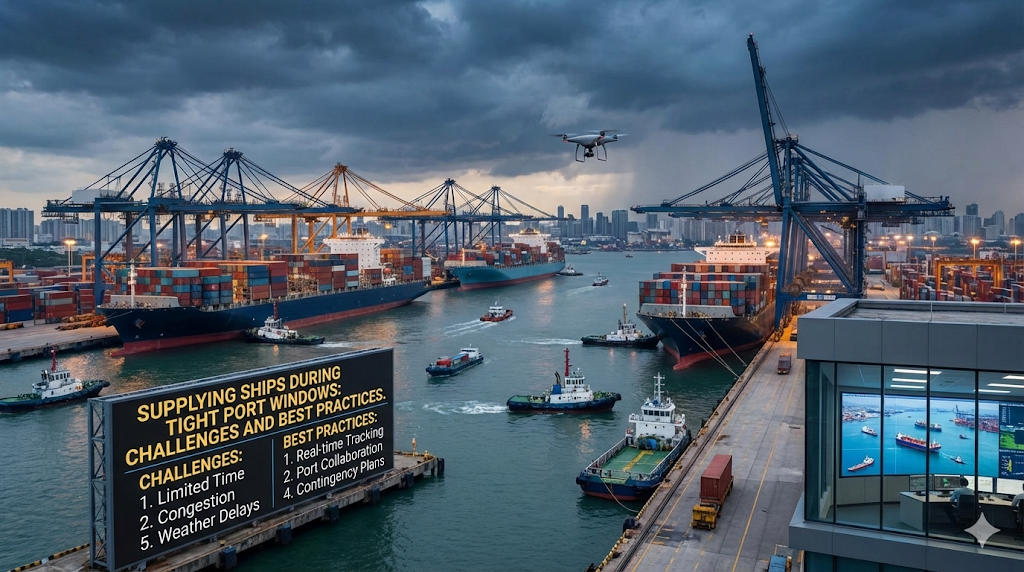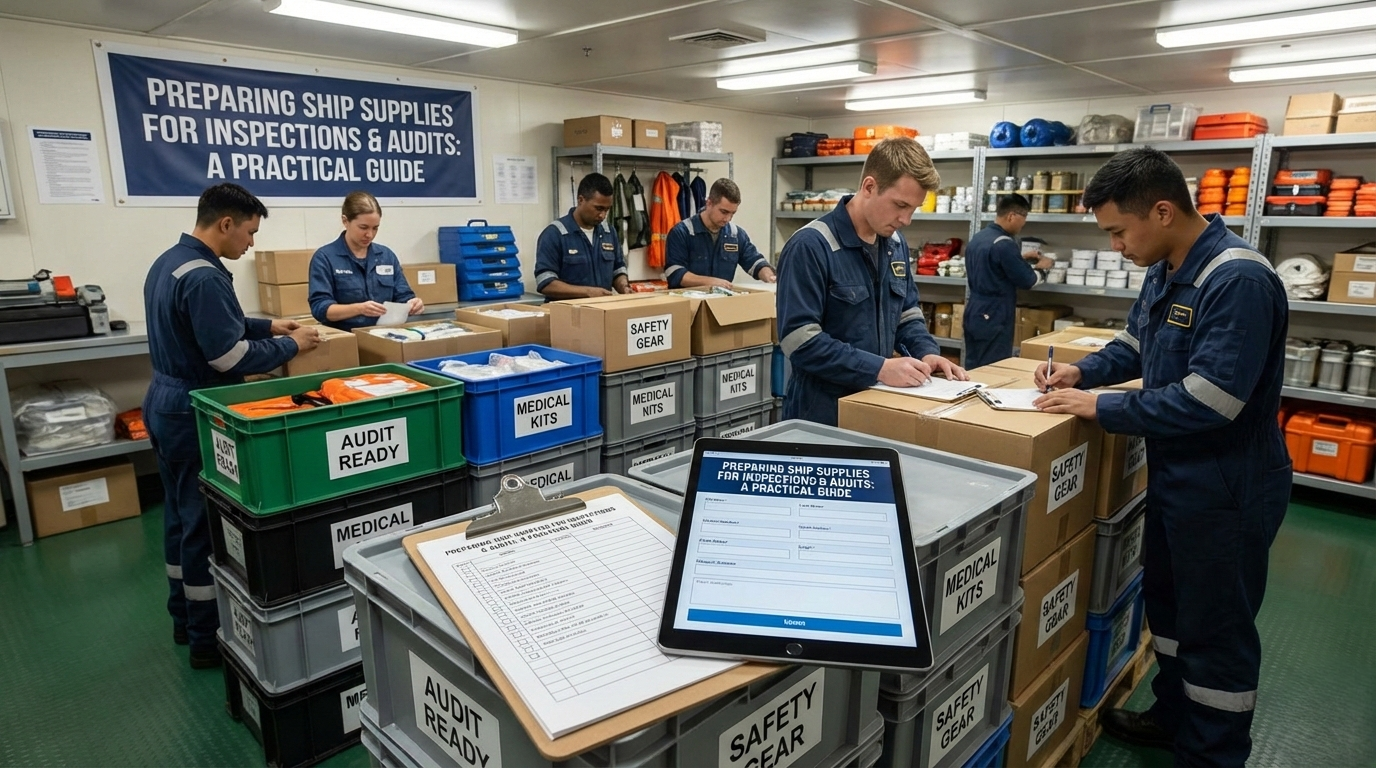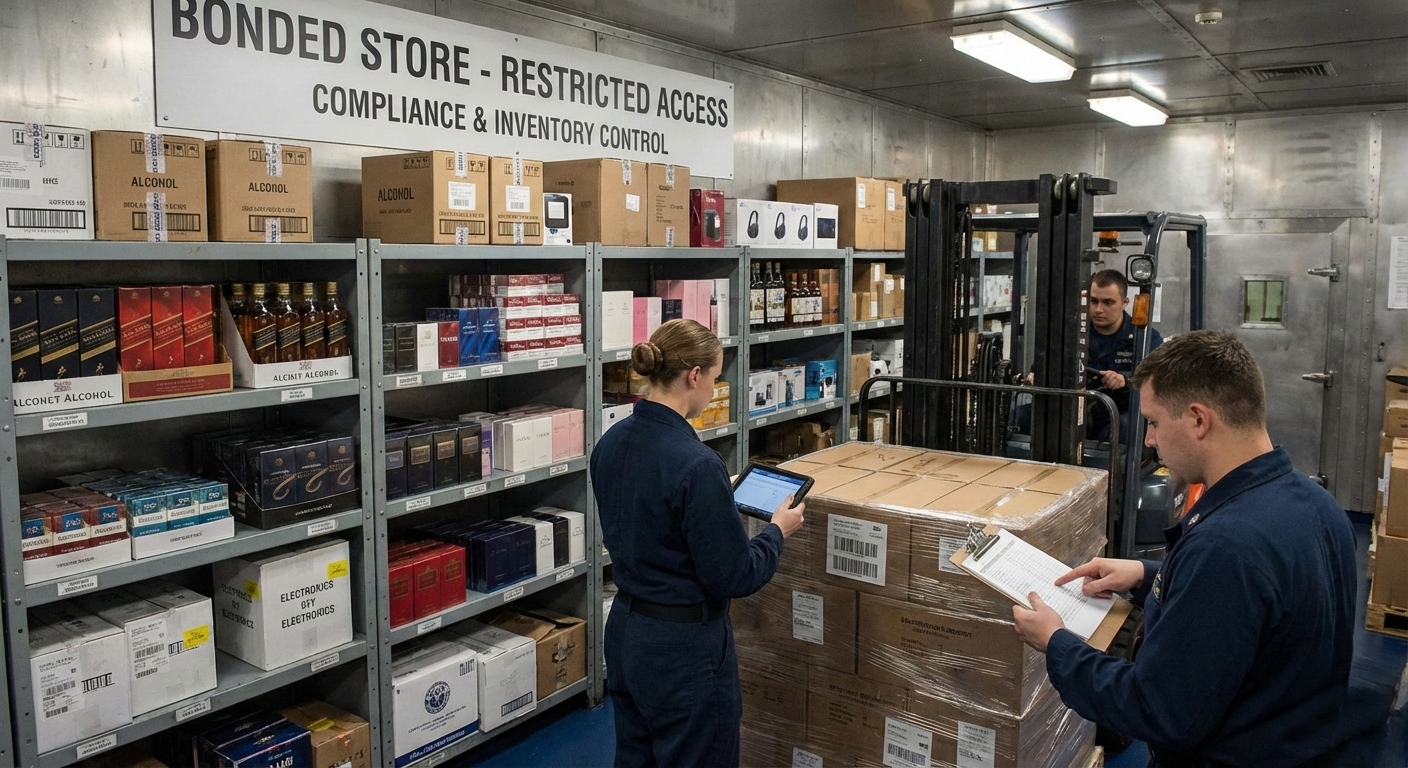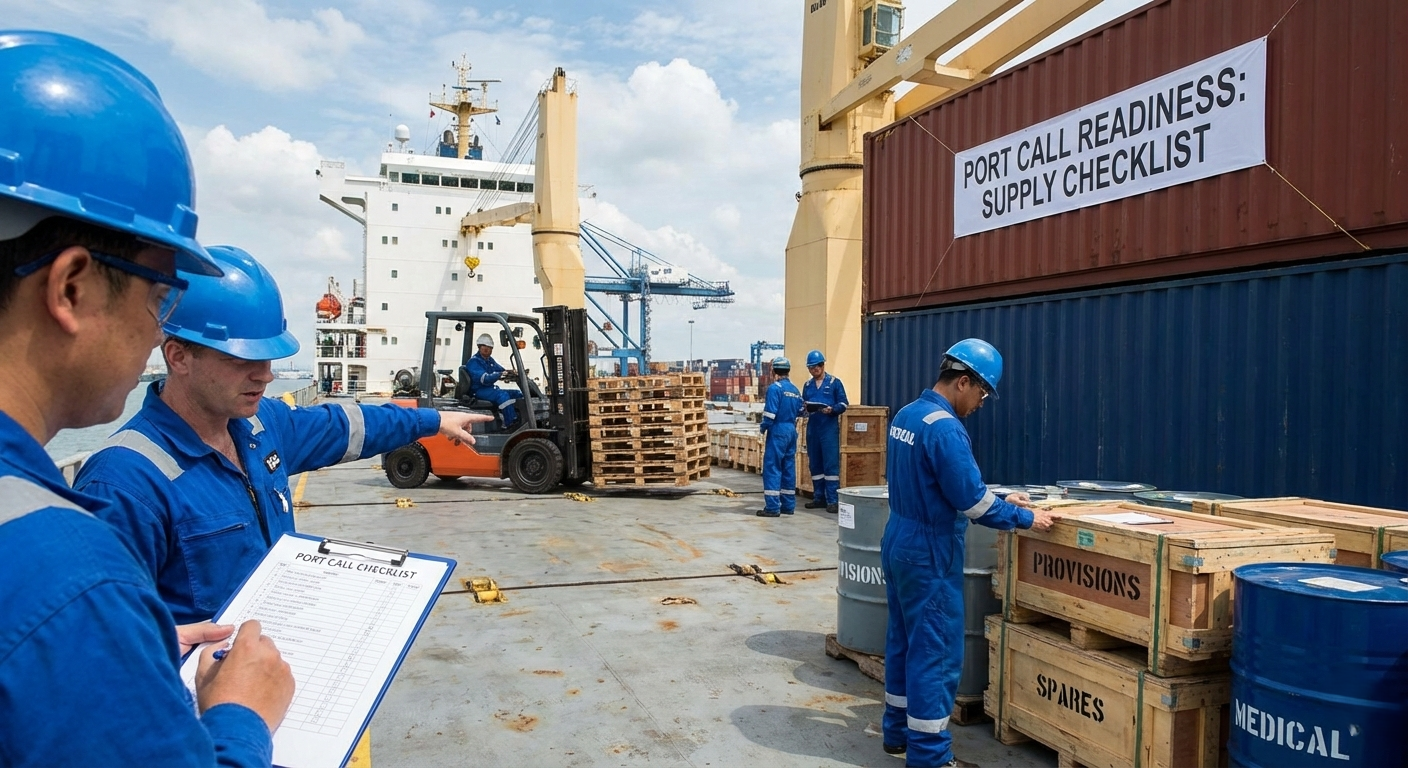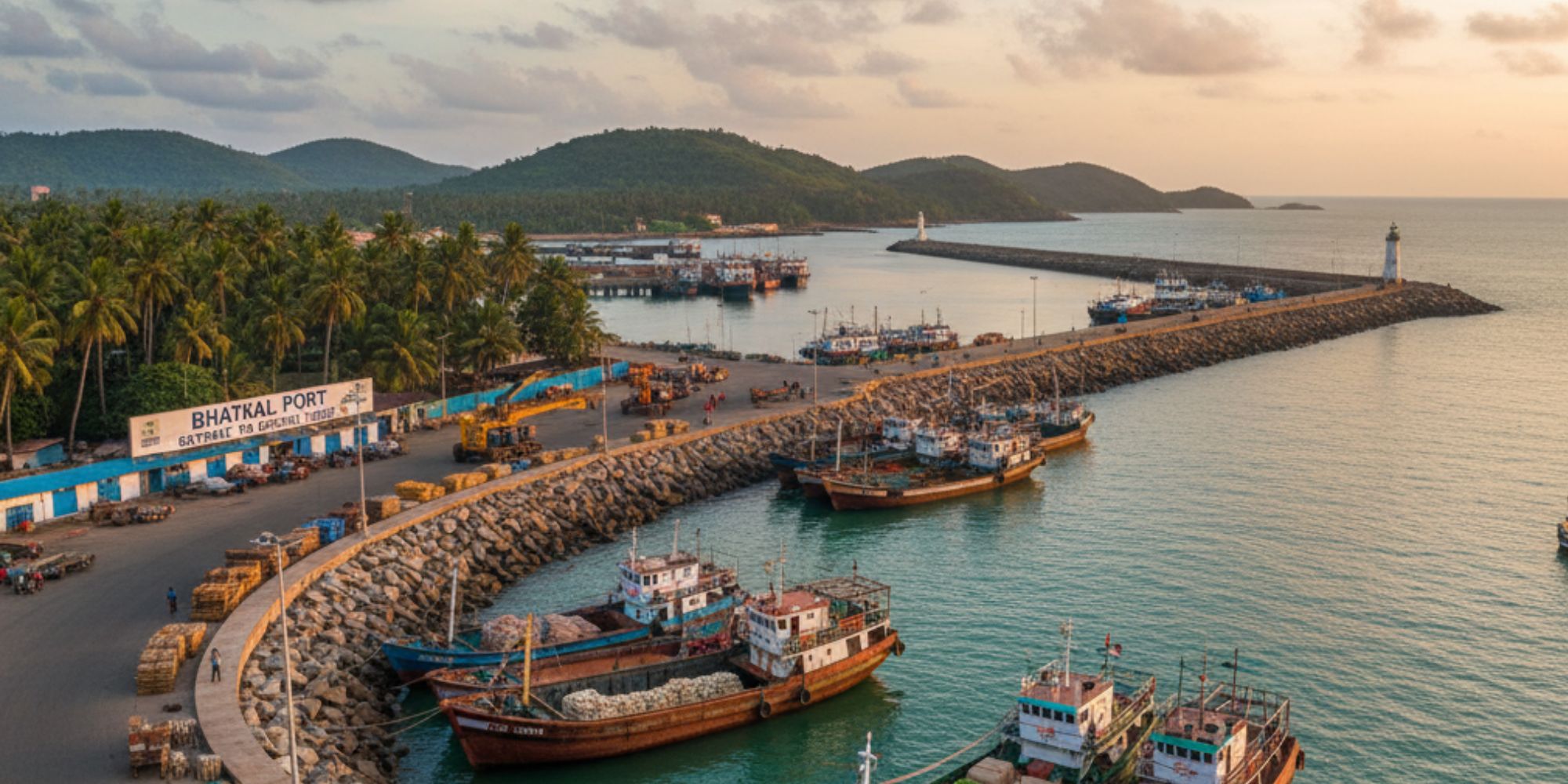
Bhatkal Port (Karnataka) - A Key Node for Small Cargo & Coastal Shipping
Introduction
Situated in Uttara Kannada district of Karnataka, Bhatkal Port is one of the minor ports along India’s west coast. While not equipped for high-volume heavy cargo or very large ships, its strategic location, existing infrastructure, and coastal proximity make it useful for small cargo vessels, fishing craft, and regional coastal trade. In this post, we’ll explore the current state of the port, its facilities, opportunities and challenges, and how a company like Solanki Ship Care can both benefit from and contribute to operations at Bhatkal.
Location & Physical Characteristics
-
Bhatkal Port lies at latitude 13° 58′ North and longitude 74° 32′ East, at the mouth of the Sharavathi river. It is bordered by hills and the river itself.
-
The existing fishing harbour is inside the port area; the approach channel has natural protection from headlands and a breakwater in the south.
-
Tropical weather prevails, with typical high humidity and temperatures. Sea conditions and monsoon seasonality likely affect operations.
Infrastructure & Facilities
Bhatkal has modest but important facilities for handling small cargo and coastal shipping:
| Facility | Details |
|---|---|
| Lighterage Wharf | A wharf of 186 meters length, with a stacking area of ~ 15,888 square meters. |
| Transit/Import-Export Sheds | A transit shed is available for storage of cargo. Additionally, there is an import/export cargo shed approx 20 meters long and 7.5 meters breadth. |
| Stacking Area | As above, the stacking area provides space to temporarily store items hauled in or out. This helps in managing smaller shipments. |
These facilities are far from the scale of a major port, but they are well-suited to light cargo, coastal vessels, and smaller shipments—exactly what minor and regional trade demands.
Role in Coastal Shipping & Small Cargo
Because of its size and facilities, Bhatkal Port has certain strengths in small cargo/coastal trade:
-
It serves local and regional needs rather than international bulk trade. Goods moved might be construction materials, agricultural produce, small industrial goods, fishing gear, etc.
-
It offers quicker transit for coastal shipping, bypassing overland transport where infrastructure is weaker or longer. For coastal trade, even simple ports like Bhatkal can reduce costs, handling time, and logistic complexity.
-
Also, smaller vessels and barges can make use of lighterage wharfs and breakwaters needing less deep water, simpler berthing infrastructure.
Challenges & Constraints
However, there are several limitations that limit the port’s potential:
-
Depth / Draught Limitations – The port’s approach channel, wharf, and docking options constrain the size and draught of vessels it can accommodate. Larger ships can’t dock, making it unsuitable for major bulk traffic.
-
Facilities and Machinery – Limited handling equipment and warehousing space reduce efficiency. Smaller cargo required lighter handling, often manual, which slows throughput and raises labor costs.
-
Connectivity & Hinterland Infrastructure – Road/rail links, logistics services, and storage/freight forwarding options in the hinterland may not be adequate to scale up operations.
-
Regulatory & Environmental Constraints – Being at a river mouth and near hills, there may be concerns about siltation, environmental impact, coastal regulation, and seasonal weather (monsoons, storms).
-
Economics – Volume is small, so per-unit costs might be higher. Unless shipments are regular or repeated, investment in improvements may be hard to justify.
Opportunities
Despite challenges, Bhatkal Port holds promise in multiple ways:
-
Coastal Shipping Expansion: The Indian government’s push for more coastal shipping (to decongest roads/railways) gives minor ports like Bhatkal renewed importance. Subsidies, incentive schemes, or regulatory support could help.
-
Small / Niche Cargo: Handling of niche goods (e.g. spices, seafood, specialty agricultural items, small-scale industrial parts) can flourish.
-
Fishing & Aquaculture: Existing harbour use by fishing vessels can be expanded with fish-handling, cold storage, ice supply, and net drying facilities.
-
Ship-repair / Supply Services: Supporting services supply of marine stores, spare parts, repairs can be localized. Companies servicing vessels visiting minor ports could fill gaps.
-
Tourism & Heritage: Coastal tourism, small coastal cruises, or river tourism may benefit from improved minor ports.
How Solanki Ship Care Can Engage & Add Value
Given these conditions, here are ways in which Solanki Ship Care might leverage or contribute to Bhatkal Port activities.
What Solanki Ship Care Offers
From their website and service profile, Solanki Ship Care provides:
-
Ship stores and supplies (engine, deck, safety, electrical, etc.) as per international catalogues (IMPA / ISSA codes).
-
Marine survey services: cargo gear testing, lifeboat/davit inspections, electrical systems, fire extinguishing equipment, etc.
-
Repair and maintenance: crane repairs, engine overhauling, exhaust servicing, etc.
Potential Contributions & Benefits
-
Ship Store / Chandling at Bhatkal
-
Solanki could provide ship-stores / supplies to coastal vessels docking at Bhatkal. Smaller vessels may currently have to travel farther to obtain parts or supplies; having a local supplier would reduce downtime.
-
Because their product range includes electrical, safety, cabin, deck, etc., vessels—including fishing craft—would need many of these supplies.
-
-
Marine Survey & Inspections
-
Solanki can offer cargo gear testing, davit & lifeboat inspections, safety audits, etc., at Bhatkal. This can elevate safety standards and may be demanded by regulatory authorities or company policies.
-
-
Repair & Maintenance Services
-
Minor repairs—crane repairs, engine maintenance, hull or stern gear work—could be carried out locally, reducing time lost to send vessels elsewhere.
-
Routine maintenance, especially for vessels that frequent the coast, would benefit from having a service provider accessible.
-
-
Storage & Logistics Support
-
Solanki might help set up or manage better warehouse / transit shed utilization, optimization of cargo handling, supply chain for ship spares, etc.
-
-
Partnering in Port Development
-
Solanki could partner with Karnataka Maritime Board or local authorities in upgrading Bhatkal’s infrastructure (in terms of sheds, handling equipment, safety facilities), offering their technical & supply chain expertise.
-
-
Cost & Efficiency Gains
-
By localizing supply and repair services, vessel operators in the region may see lower costs and faster turnaround, enhancing attractiveness of coastal trips.
-
Marketing This Engagement
-
Emphasize prompt supply and repair services for small/coastal vessels in the region.
-
Build relationships with local fishing unions, small cargo operators, government port authorities.
-
Showcase case studies: vessels saved time, saved cost, thanks to local services at ports like Bhatkal.
Case Studies / Comparative Ports
It’s useful to compare Bhatkal with similar minor ports (in Karnataka or elsewhere) which have leveraged similar opportunities. Some lessons:
-
Ports with better handling equipment and adequate sheds see more regular small-vessel traffic.
-
Integration with inland logistics (roads, rail) is crucial. If getting cargo to/from the hinterland is difficult, the port remains underused.
-
Consistent policy support (e.g., incentives for coastal shipping, subsidies or tax breaks for minor ports) helps.
What Needs to Be Done for Bhatkal Port to Scale Up
To realize more of its potential, Bhatkal needs some improvements:
-
Dredging & Depth Management – Ensuring approach channels maintain sufficient depth so small cargo/coastal vessels can arrive safely.
-
Modern Cargo Handling Equipment – To speed up loading/unloading: cranes, forklifts, conveyor systems, proper sheds.
-
Warehousing, Cold Storage, Ice Facilities – Particularly for fisheries and perishable goods.
-
Improved Connectivity – Better roads, possibly rail links, to transport goods to and from hinterland.
-
Regulatory & Environmental Clearances & Support – Clearances must balance environmental protection (river, coast) with development.
-
Stakeholder Collaboration – Between port authorities, local government, shipping/coastal trade operators, service providers like Solanki.
Conclusion
Bhatkal Port, while modest in infrastructure, occupies a strategic place in Karnataka’s coastline for small cargo and coastal shipping. Its existing lighterage wharf, transit sheds, and sheltered harbour offer a foundation. For companies like Solanki Ship Care, there is a real opportunity to play a valuable role: supplying ship-stores, offering repair & inspection services, engaging with port development, and enhancing the efficiency of coastal shipping in the region.
With the right investments in infrastructure, better policies, and service partnerships, Bhatkal could grow into a more active hub for regional maritime trade and Solanki could be among those enabling that growth.

